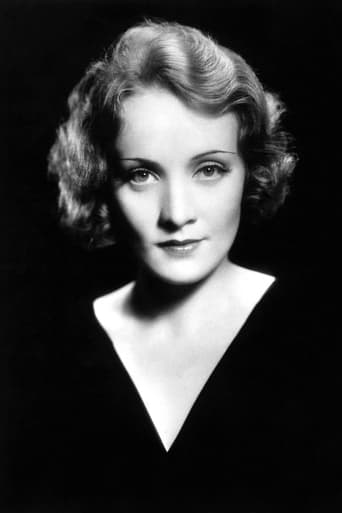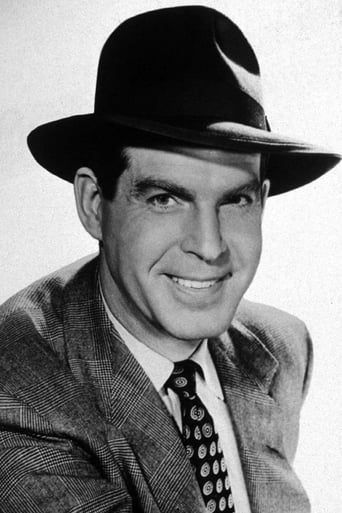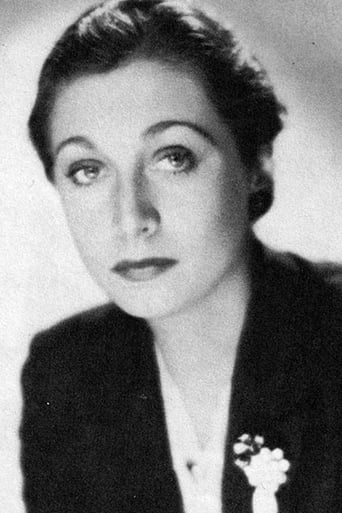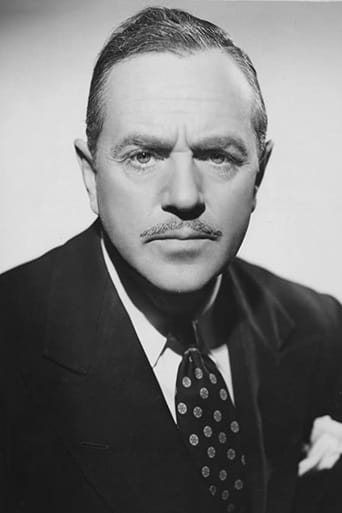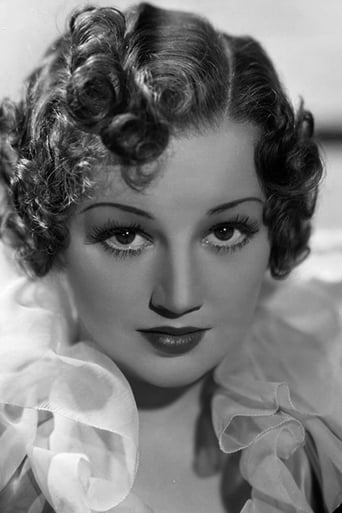Cubussoli
Very very predictable, including the post credit scene !!!
Joanna Mccarty
Amazing worth wacthing. So good. Biased but well made with many good points.
Janae Milner
Easily the biggest piece of Right wing non sense propaganda I ever saw.
JohnHowardReid
Director: MITCHELL LEISEN. Screenplay: James Edward Grant, Albert McCleery. Story: James Edward Grant. Photography: Ted Tetzlaff. Film editor: Eda Warren. Song: "I Find Love" (Dietrich) by Jack King and Gordon Clifford. Dance director: Douglas Dean. Music composed by W. Franke Harling, directed by Morris Stoloff. Supervising art director: Lionel Banks. Art director: Rudolph Sternad. Gowns for Miss Dietrich: Irene. Hats for Miss Dietrich: John Frederics. Jewels: Paul Flato. Production assistant: Francisco Alonso. Sound recording: Lodge Cunningham. Western Electric Sound System. Producer: Mitchell Leisen. A Mitchell Leisen Production. Executive producer: Charles K. Feldman.Copyright 26 January 1942 by Columbia Pictures Corp. A Charles K. Feldman Group Production. New York opening at the Capitol: 23 April 1942. U.S. release: 12 February 1942. Australian release: 11 February 1943 (sic). 9 reels. 8,235 feet. 91 minutes.SYNOPSIS: Elizabeth Madden (Marlene Dietrich), a celebrated musical comedy star, finds an abandoned baby and declares to her associates that she will raise the child. To show how much this lady knows about children, Elizabeth thinks the child is a girl, when it is actually a boy. The first time the baby cries, she thinks "she" is dying and begins calling doctors. She nearly drives her secretary Buddy (Aline MacMahon) and her business manager Kenneth Hanline (Stanley Ridges) crazy before they get in touch with Dr. Corey McBain (Fred MacMurray), a pediatrician with a yen to do research on pneumonia.COMMENT: Columbia is here attempting to imitate a Paramount picture — and succeeding mightily so far as sets, costumes and lighting go, but failing dismally as to script and direction. That last is really strange since Paramount alumnus Mitchell Leisen (together with his frequent Paramount photographer) is at the helm, but here in a strange studio, surrounded by unfamiliar craftsmen and technicians, his touch is heavy rather than light, emphatic instead of casual- seeming, pedestrian in place of imaginative. Of course the script is second-rate too, its witty lines grafted on to pasteboard and uninteresting (and often unsympathetic) characters, its one-line plot rapidly exhausted, thus forcing an unwelcome change of tone from heavy farce to tediously predictable romance to straight- out medical melodrama.Miss Dietrich looks the part but fails to convey the heart of gold the script so assiduously describes. She seems merely batty. In an even more impossible role, MacMurray, fine actor that he is, pulls out every stop to win audience support — and actually manages to wring a few good laughs out of the script through sheer charm and personality.A pity the momentum of the extremely witty opening credits is not maintained. Ten out of ten for the titles, boys, but alas the picture then goes steadily down the gurgler.OTHER VIEWS: A tedious domestic comedy that effectively wastes the talents of all concerned. It's sad to see Miss Dietrich being squandered in a piece of piffle like this, though she does have one musical number — fortunately repeated twice! But as for the rest of the film, it is almost unendurable to sit through it once. Whatever promise the script had, it soon takes a very predictable course with all the tediously familiar marital misunderstandings and melodramatic medical crises. The characters are as one-dimensional as the dialogue is witless and the direction has all the sparkle of a long-opened bottle of lemonade. The players do valiantly but the odds are stacked ever higher and higher against them. The film is well mounted too, with some very attractive sets and costumes, soft, flattering photography and a few of our favorite character players like Robert Emmett Keane (the hotel manager), Chas Halton (the hotel physician), Eddie Acuff (Patrolman Murphy) flitting around. But alas the film is a Humpty Dumpty which no amount of skillful dressing or deft editing could put together in an entertainingly acceptable form. — JHR writing as George Addison.Leisen is a set designer as much as a director. He probably spent so much time giving this picture the Paramount look, he skimped on pacing and performance. That's a pity, because in spacious sets, ritzy, sophisticated costumes and ensembles, and above all in that dazzlingly white, pin-point sharp yet glossily attractive cinematography, this is the best imitation Paramount picture I've ever seen. — JHR writing as Charles Freeman.
Armand
for the self irony of Dietrich performance. for the nice story and air of far age of cinema. for inspired cast. and, sure, for the respect for recipes of romantic comedy. it is not a link from chain of fashion of art. few sparkles, a seductive Dietrich, mixture of love balloons and fine humor, the dramatic small slice and the touching solutions to create identity in a ocean of clones, all is good reason to see it and, in a measure or other, to love it. because it is almost magic like many films from that period. because the acting is smart and the game of nuances not uninspired. because, after war of blockbusters, this film has the gift to be comfortable. and for occasion to travel in time. and discover than life is beautiful.
David Traversa
Why does she blink all the time? The shy ingénue type? at forty? Preposterous. After a while it gets to be quite annoying. Is that the added touch to round up a dumb character? whatever, it's very difficult to accept Marlene Dietrich in such a disguise.She wears huge mink coats, shiny evening gowns (even in her kitchen and in the hospital scene) a la Cher (Yes, I know, Cher came later, but you know what I mean). Even in her more dramatic scenes she grabs that mink coat and doesn't let go, crying and all (It could have been a Carol Burnett sketch).I can only think that in those years people were extremely naive and took all these unreal props as part of movie life, so removed from their humble, dreary little lives and made it so enchanting to go home after the movie and dream while reading Photoplay or whatever movie magazine was issued back then.The movie is entertaining to a point but after a while you just want to give it up and go, do something else. All the situations are so outrageously phony that if you pretend to analyze them you'll stop watching this movie after the very first scene is completed.Froth to the nth degree.
edwagreen
Wonderful 1942 film with Marlene Dietrich as a Broadway star who finds a baby and marries a pediatrician so that she can keep the baby. Of course, the story deals with them finding their way to love eventually as well as the situations they encounter such as phony parents showing up to take the child, and the doctor's first wife showing up to create further havoc.Fred MacMurray is absolutely charming as the doctor and Dietrich showed how quite adept she was at comedy. Aline MacMahon co-stars as a wise-cracking assistant to Dietrich. This kind of role was normally assigned to Eve Arden.Naturally, there is the end-of-film crisis where MacMurray has to operate and Dietrich sheds those tears. It's well worth it.
